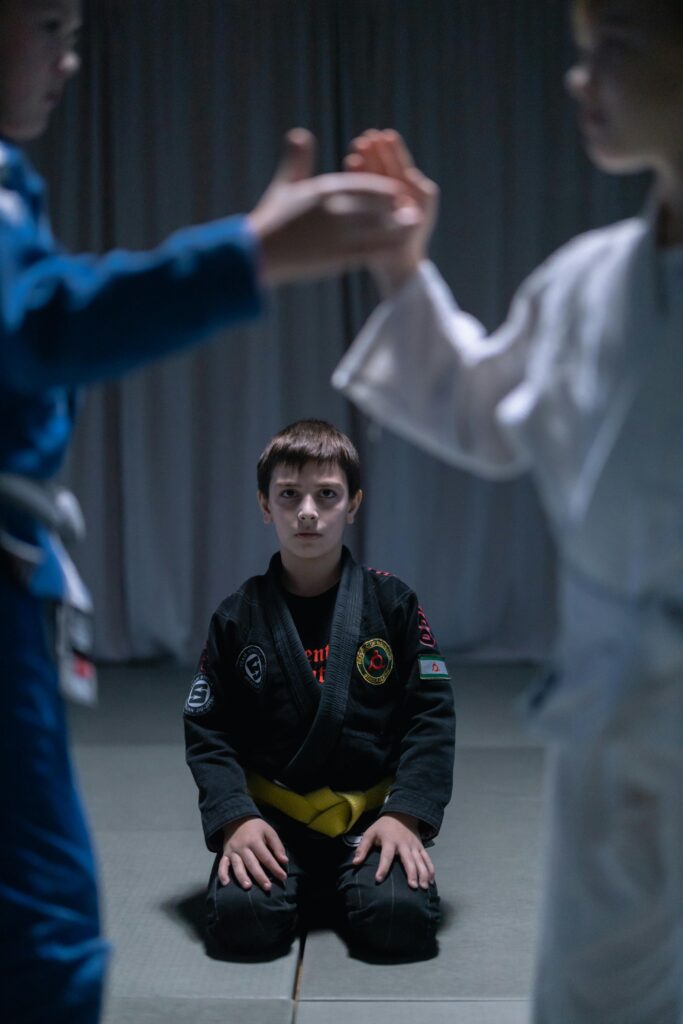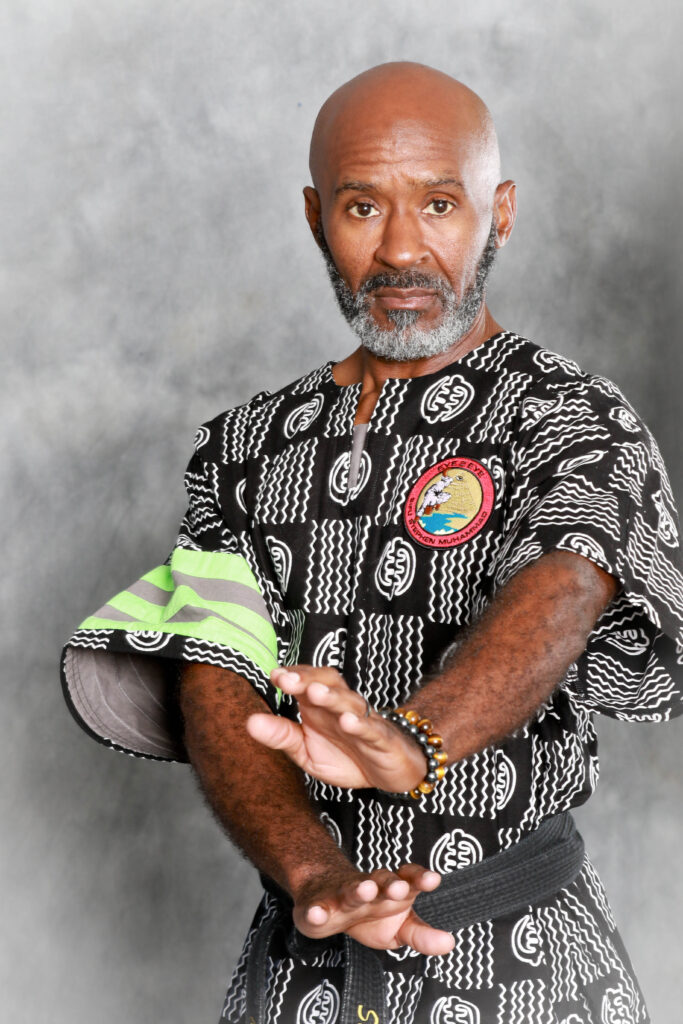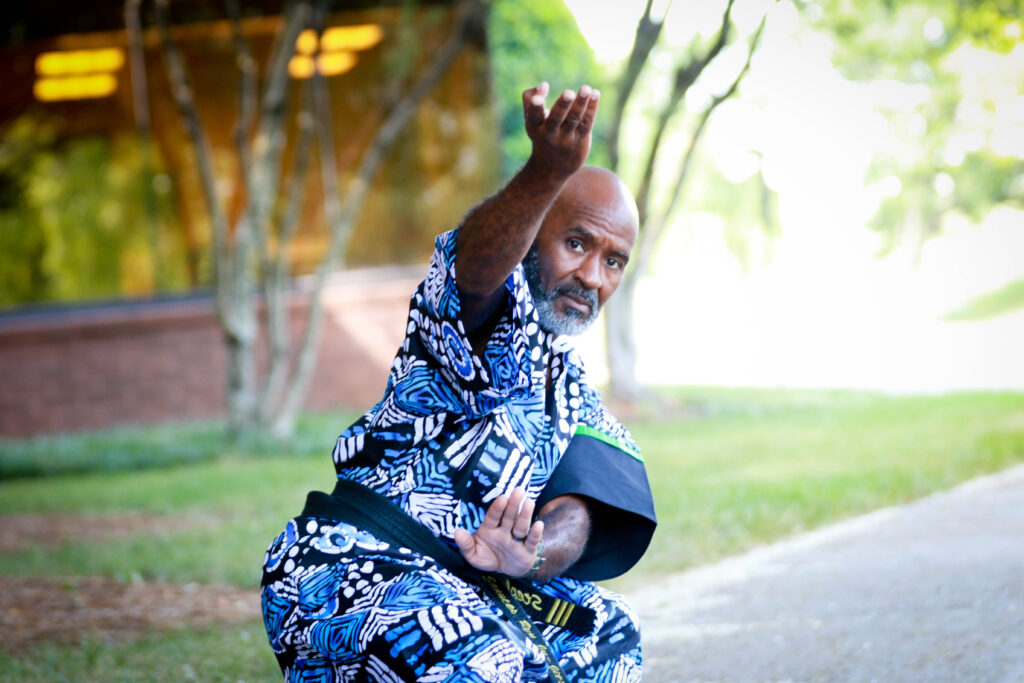Martial arts can be a fantastic way to build confidence, learn discipline, and protect yourself. But with so many options out there, it can be hard to decide which one suits you best.
If you’ve ever wondered about the differences between Kung Fu vs Karate, you’re not alone. Both have a rich history and a unique approach to movement and self-defense.
Here’s a closer look at what sets them apart, how they train you, and what you can expect when choosing between these two popular martial arts.
Tracing the Roots: The Origins of Kung Fu and Karate
To understand these arts, it helps to know where they come from.
Kung Fu: A Legacy of Ancient China
When I think about Kung Fu, it always brings to mind its deep roots in Chinese history. This martial art isn’t just about fighting—it’s a practice that’s been refined over thousands of years.
The origins of Kung Fu are tied to ancient Chinese monasteries, where monks developed techniques to keep their bodies and minds strong. Styles like Wing Chun and Shaolin are part of this vast tradition, each offering its own focus.
Kung Fu’s training includes more than just learning how to kick or punch; it’s about channeling energy, or “Qi,” to move with power and fluidity.
Karate: The Way of the Empty Hand
Now, Karate has a different story. It developed on the island of Okinawa, which is now part of Japan, and became a system of self-defense that focuses on using the body as a weapon.
The word Karate actually means “empty hand,” and that’s fitting because it emphasizes using strikes, kicks, and blocks without relying on weapons. Over time, Karate evolved and spread worldwide, especially popularized through dojos and competitions.
Unlike the flowing movements of Kung Fu, Karate focuses on direct, powerful strikes and strong stances, making it great for those who want a no-nonsense approach.
Philosophy Matters: Understanding the Mindsets Behind Each Art
Both arts carry distinct philosophies that shape their training.
Kung Fu’s Holistic Approach
Kung Fu is like a dance between body and mind. It’s not just about mastering techniques; it’s about achieving a balance between strength and flexibility, and understanding how your movements connect with your energy.
Many Kung Fu forms take inspiration from animals—like the crane or tiger—and focus on mimicry and adaptability. I’ve seen how Kung Fu teaches you to move fluidly, almost like water.
This kind of training can make you more aware of your body and the space around you, making it a great choice if you’re looking for a martial art that connects movement with mindfulness.
Karate’s Focus on Discipline and Simplicity
Karate, on the other hand, is all about discipline and precision. It’s straightforward in its approach: focus on mastering your basics—punches, kicks, and blocks—and practice them until they become second nature.
There’s a reason you see Karate students practicing kata (pre-arranged movements) over and over again. These drills build muscle memory, helping you react quickly and effectively in real-world scenarios.
If you’re the kind of person who appreciates a structured path and likes to see clear progress, you might find that Karate’s methodical approach really suits you.
Kung Fu vs Karate Techniques: What Sets Them Apart?
Their techniques vary just as much as their philosophies.
Fluidity vs. Directness
One of the biggest differences between these two arts is how they move. When you watch a Kung Fu practitioner, you’ll see a lot of flowing, continuous movements that seem almost dance-like.
Kung Fu teaches you to redirect force and use circular motions to keep control of the situation. In contrast, Karate focuses on direct, powerful techniques. Think of a straight punch or a high kick—it’s all about hitting your target with speed and accuracy.
This makes Karate feel more like a quick strike, while Kung Fu has a smoother, more flowing feel.
Training Regimens: What to Expect in Each Discipline
When you train in Kung Fu, you’ll find a lot of focus on flexibility and coordination. Classes often include stretching exercises and forms that improve balance and fluidity. It’s about learning to move your body as a whole, making every part work together.
Karate, however, focuses more on building strength and repetition. Expect to spend time drilling stances, punches, and kicks until they become second nature.
Both styles demand dedication, but the training experience is different—one emphasizes flexibility and adaptability, while the other focuses on power and precision.
Weapons Training: Traditional Tools in Kung Fu and Karate
Kung Fu and Karate also have their own approaches to weapons training. If you ever get the chance to dive into these, you’ll find it adds a whole new layer to your practice.
In Kung Fu, weapons training is more common, with tools like the staff, sword, or even nunchaku being part of advanced forms. It’s a natural extension of the flowing movements you learn with your hands.
In Karate, weapon training isn’t as central but can include things like the bo staff and tonfa. It’s often introduced later on, after you’ve built a solid foundation with empty-hand techniques.
Practical Self-Defense: Which is More Effective?
When it comes to self-defense, both arts have their strengths.
Kung Fu’s Adaptive Style
In self-defense, Kung Fu has a lot of versatility. It’s great at adapting to different situations because of its wide range of techniques. Styles like Wing Chun are known for close-range combat, emphasizing quick strikes and efficient movements.
Kung Fu also teaches techniques like joint locks and sweeps, which can be incredibly effective for controlling an attacker. It’s like having a toolkit that you can adjust based on what’s happening around you.
Karate’s Efficiency in Real-World Scenarios
Karate shines when it comes to straightforward, powerful self-defense. Because it focuses on striking hard and fast, it can be very effective when you need to defend yourself quickly.
The repetitive training in Karate helps build confidence so that when you’re faced with a threat, you don’t have to think—you just react. This can be a big advantage in real-life scenarios where split-second decisions matter.
Karate’s simple, direct approach means that even a few well-placed strikes can make a big difference.
Global Influence: How Kung Fu and Karate Shaped Martial Arts Culture
Beyond self-defense, both styles have had a massive impact on the world.
Kung Fu’s Cinematic Appeal
It’s impossible to talk about Kung Fu without mentioning its impact on movies. From Bruce Lee’s legendary fight scenes to Jet Li’s graceful techniques, Kung Fu has been a staple of martial arts cinema.
These films brought the art to millions of people around the world, inspiring countless students to step into a dojo or kwoon for the first time. It’s not just about fighting—it’s about storytelling, blending the physical with the artistic.
That cinematic flair has made Kung Fu one of the most recognizable martial arts globally.
Karate’s Role in Sports and Competition
Karate has made a name for itself in the competitive world, including its inclusion in the Olympics. It’s a sport that many people grow up with, training in dojos and competing in local tournaments.
This competitive aspect gives students a chance to test their skills in a controlled environment. It’s also a great way for kids and adults alike to learn about discipline, sportsmanship, and the thrill of mastering a new technique.
Whether you’re looking to train for fun or for sport, Karate’s presence in the world of martial arts competitions is hard to miss.
Which Should You Choose: Kung Fu or Karate?
So, how do you decide which one is right for you?
Factors to Consider: Fitness, Goals, and Personality
When deciding between Kung Fu and Karate, think about what you want to get out of your training.
Are you looking for a workout that challenges your flexibility and coordination? Kung Fu might be the way to go, especially if you’re drawn to its flowing movements and varied styles.
But if you’re aiming for a more disciplined, straightforward approach, Karate could be perfect for you. It’s all about finding a style that fits your personality and goals—whether that’s mastering fluid movements or building explosive power.
Body Type and Physical Needs
Your body type can play a role too. If you’re naturally agile or enjoy stretching and smooth movements, Kung Fu’s dynamic forms might feel like a perfect match. It’s ideal for those who like to explore different ways to move their bodies.
If you’re more about strength, stability, and building power through repetition, Karate offers a training style that’s all about directness and control. Both styles can be adapted to different body types, so it’s worth trying a few classes to see what feels right.
Training Environment and Instructors
The environment you train in matters as much as the style itself. When you find a great instructor, they can make all the difference, whether you’re practicing Kung Fu or Karate.
A good teacher helps you understand the philosophy behind each movement and pushes you to grow. I always recommend visiting a few local martial arts schools, trying out different classes, and finding a place where you feel welcome and challenged.
The right dojo or school can make your martial arts journey truly rewarding.
Transform Your Skills and Confidence with Eye2Eye Combat’s Classes
Choosing between Kung Fu and Karate comes down to what feels right for you. Both arts offer unique benefits—Kung Fu’s flowing adaptability and Karate’s straightforward power each have their appeal.
But there’s no better way to truly know than by experiencing them yourself. At Eye2Eye Combat, we offer the expertise and supportive community you need to find your fit.
Come visit us, explore our classes, and see how we can help you master your chosen path in martial arts. Let’s build your confidence, strength, and skills together at Eye2Eye Combat—your journey starts here.
FAQs
Is kung fu stronger or karate?
It really depends on what you’re looking for. Kung Fu focuses on fluid, adaptable movements, while Karate is more about direct, powerful strikes. Neither is inherently “stronger”—it’s about which style fits your strengths and needs. Both can be incredibly effective when practiced with dedication.
What is the hardest martial art?
That’s a tough one because every martial art has its own challenges. Some might say Brazilian Jiu-Jitsu is tough due to its emphasis on grappling, while others find the intense conditioning of Muay Thai challenging. Ultimately, it comes down to what pushes you outside your comfort zone.
Is kung fu effective in a street fight?
Yes, Kung Fu can be effective in a street fight, especially if you’re trained in close-range techniques like Wing Chun. It teaches you to adapt quickly and use an opponent’s energy against them. But like any martial art, it’s most effective when you’ve practiced consistently and know how to apply it.





